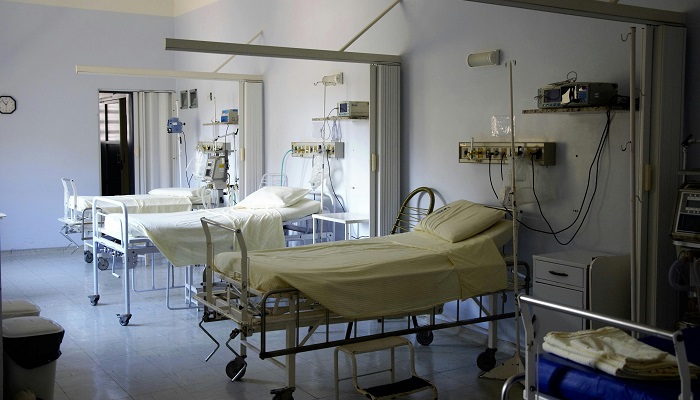The world of health care is evolving as rapidly as our technology and hospital management has to stay ahead with the latest tools and technologies period from electronic medical records systems to advanced patient care analytics, 2024 brings a number of innovations that are designed to increase efficiency, patient care, and overall hospital management.
Here’s a comprehensive list of 14 essential tools for 2024 that every healthcare professional should know about.
1. Electronic Medical Record (EMR) Systems
EMR systems continue to be the backbone of hospital management. These integrated systems streamline patient data management and improve accuracy.
The electronic status also increases easy communication between departments. The latest EMR systems offer advanced features like AI-driven data analysis and cloud-based storage for real-time access.
2. Telemedicine Platforms
Especially after the COVID-19 pandemic, telemedicine has become a critical part of patient care. It offers remote consultations and follow-ups that are much easier for both patients and practitioners.
The latest platforms even integrate seamlessly with EMR systems, providing comprehensive patient data at the clinician’s fingertips. This tool is important for expanding access to care and improving patient outcomes.
3. Patient Care Analytics
Patient care and work tools are advancing in order to provide big data insights into patient outcomes, resource utilization, and operational efficiency. These tools can only help hospitals identify trends, predict patient needs, and improve their overall care delivery.
4. Automated Scheduling Systems
Workforce management has been enhanced by automated scheduling systems. The optimized staff schedules based on patient volume, staff availability, and skill sets. These systems reduce administrative burden. They also ensure that adequate staffing levels are available at all times.
5. Mobile Health Apps
Mobile health apps are empowering patients. Patients are capable of taking control of their health by providing access to medical records, appointment scheduling, and to telehealth services.
On the other side, for health care providers these apps facilitate patient engagement and improve patient adherence to treatment plans.
6. Inventory Management Software
Efficient and correct inventory management is critical for hospital operations. With advanced software solutions that are now offering real-time tracking, automated reordering, and extra analytics to prevent stockouts and overstock situations, Hospitals can now ensure the availability of essential medical supplies.
7. Cybersecurity Solutions
The downside of the increasing digitalization of healthcare is that cybersecurity becomes even more essential. The latest solutions in cybersecurity offer advanced threat detection, data encryption, and secure access controls in order to protect sensitive patient information and protect hospital systems from cyberattacks.
8. Patient Relationship Management (PRM) Systems
PRM systems focus on improving patient engagement and satisfaction. This is another tool that integrates with the EMR systems to provide personalized communication, feedback collection, and management of patient interactions.
9. Clinical Decision Support Systems (CDSS)
CDSS Tools help healthcare providers to make informed decisions by providing evidence-based recommendations at the point of care. These systems are capable of analyzing patient data and then offering guidance on diagnosis, treatment options, and potential risks.
10. Advanced Training Software
Like many fields, healthcare professionals need continuing education. Advanced training software like a healthcare administration course, offers interactive modules, virtual simulations, and up-to-date content to make sure that staff received the best possible training.
11. Real-Time Location Systems (RTLS)
RTLS Technology improves hospital logistics by tracking the location of equipment, staff, and patients in real-time.
12. Remote Patient Monitoring (RPM)
RPM Tools allow healthcare providers to monitor their patient’s health remotely. This is a device that tracks their vital signs and other health metrics. These tools are particularly useful for managing chronic conditions.
13. Health Information Exchange (HIE) Systems
HIE Systems help secure the exchange of patient information across different healthcare organizations. Patient data is accessible over several platforms while still maintaining safety.
14. Financial Management Software
The latest software solutions and financial management offer comprehensive features for budgeting, revenue cycle management, and financial reporting period this helps hospitals maintain their financial health period


















